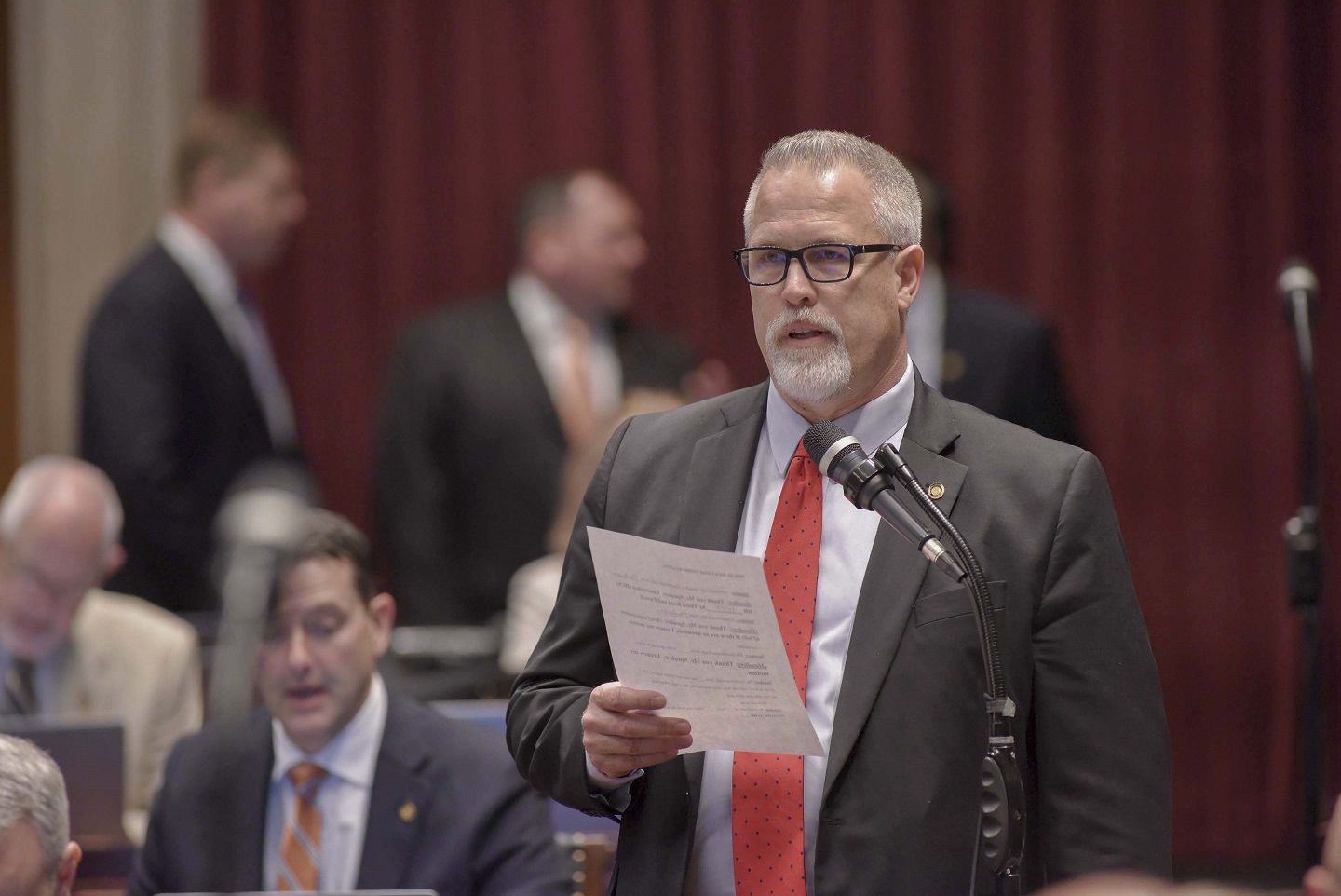Now, when the words “Missouri Bourbon” appear on a bottle, it will mean something.

A House bill that became law in August requires that products labeled “Missouri Bourbon” or “Missouri Bourbon Whiskey” be produced in this state, using Missouri oak barrels. After January 1 it will also have to have been made with Missouri-grown corn.
The proposal was brought forward by Montgomery City Republican Jeff Porter. He said those who make bourbon in this state wanted an official acknowledgement that it was truly made here.
Gary Hinegardner with Wood Hat Spirits in New Florence said the origin of bourbon is important to people who buy it.
Former representative Don Gosen with Copper Mule Distillery said the label will tell buyers that they are getting a product that doesn’t cut corners.
“That they are getting the best barrels in the world, without question … even the French buy a lot of their wine barrels made with Missouri oak, so they’re getting the best barrel, they’re getting some of the best corn grown in the world, so they know that the product is being made with the best raw materials,” said Gosen. “I don’t think a Kentucky Bourbon means as much as a Missouri Bourbon just because ours defines the raw materials so well. The federal law defines more of the process but the Missouri Bourbon defines the raw materials.”
Porter said there is a growing bourbon industry in Missouri that supports an international market, and having a legal definition for the “Missouri Bourbon” label will support it.
“With those input costs beings so … easily supplied for by our corn and our white oak barrels to make the product, I just feel like there’s a lot more demand than I realized,” said Porter. “It’s just an increasing demand for our bourbon, and also to compete with Kentucky, our neighbor state, with the same product.”
This language was included in House Bill 266, which also has provisions to designate July 7 as “Sliced Bread Day,” and May 26 as the “Battle of St. Louis Memorial Day.”
It was signed into law by Governor Mike Parson on July 11.


